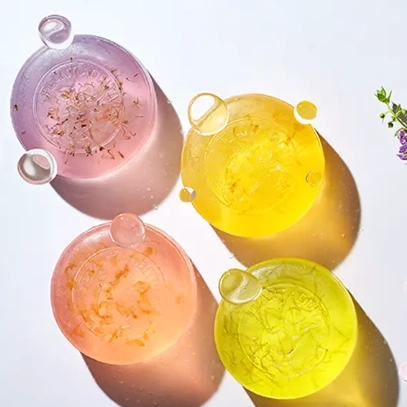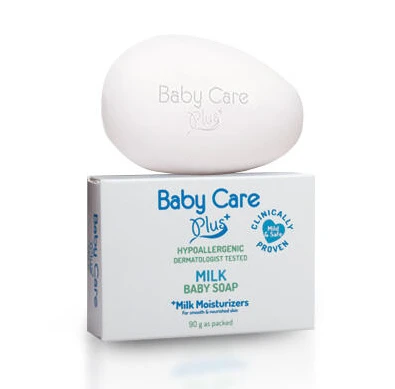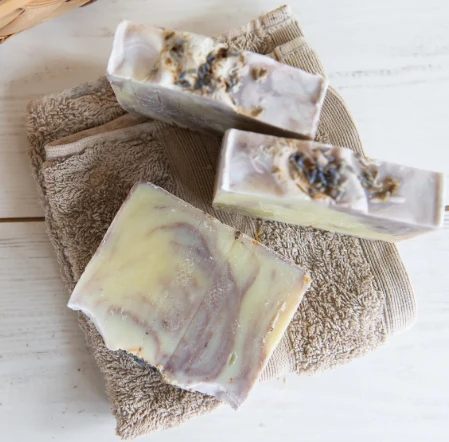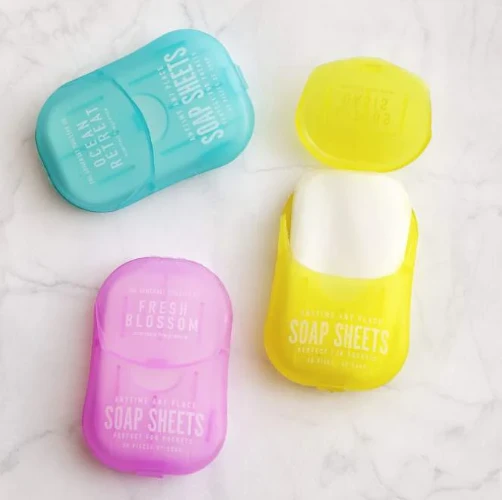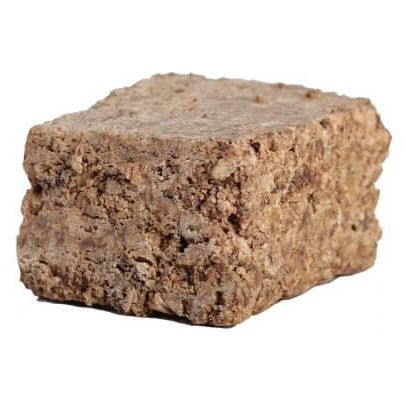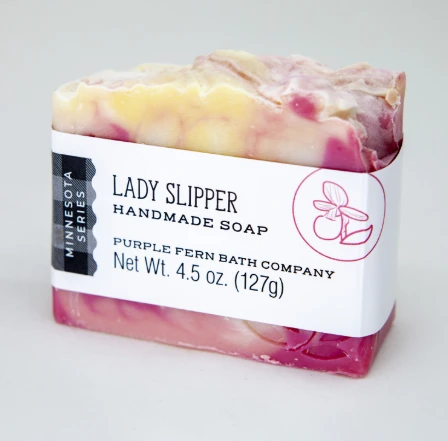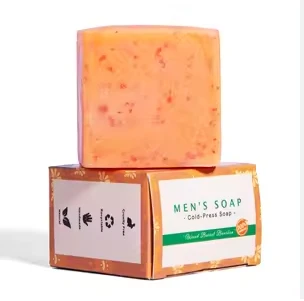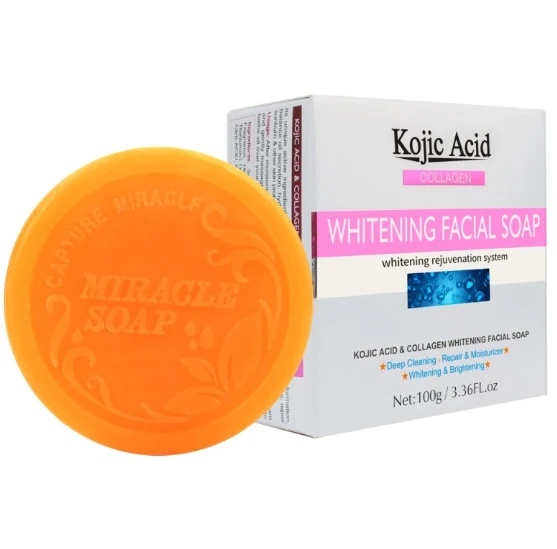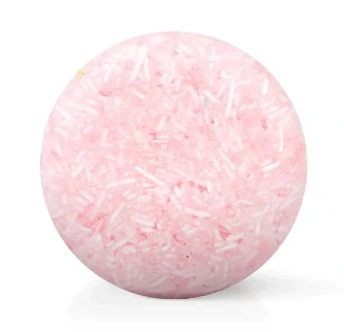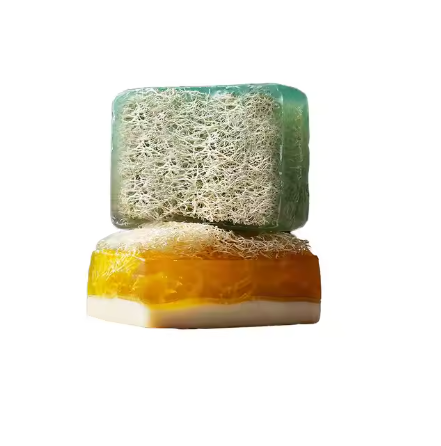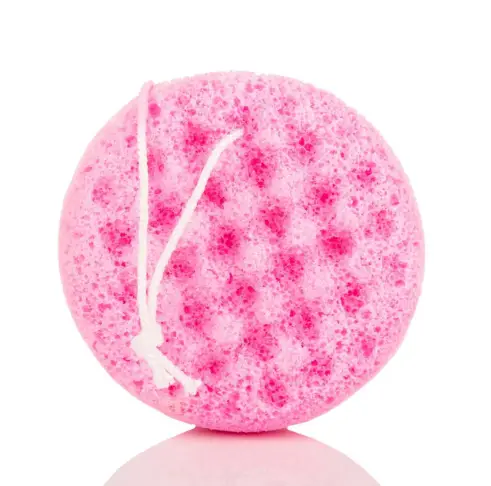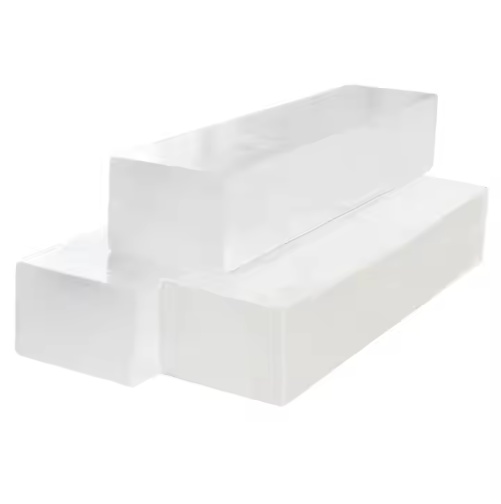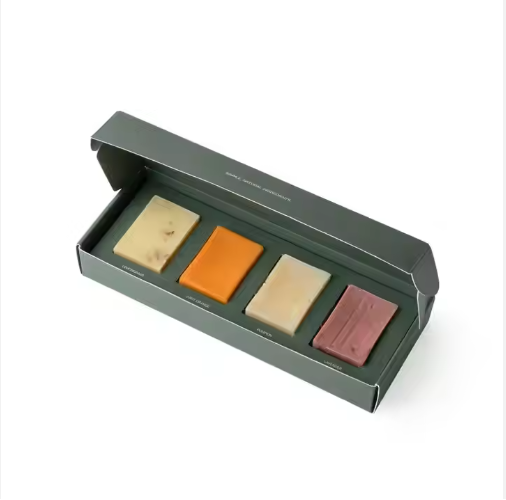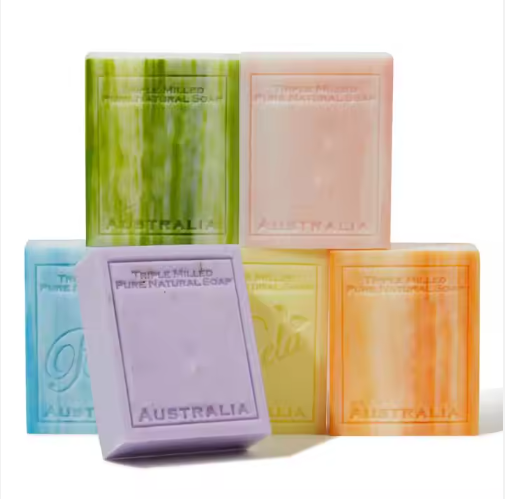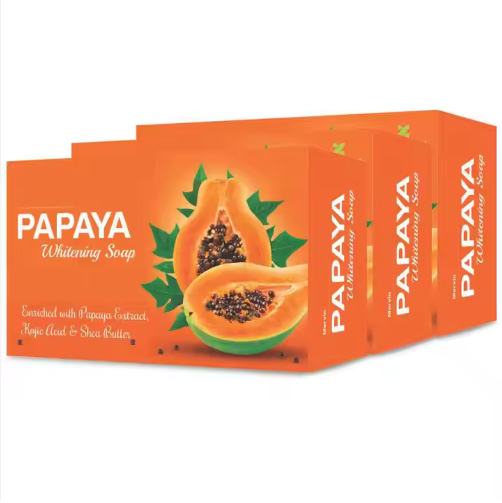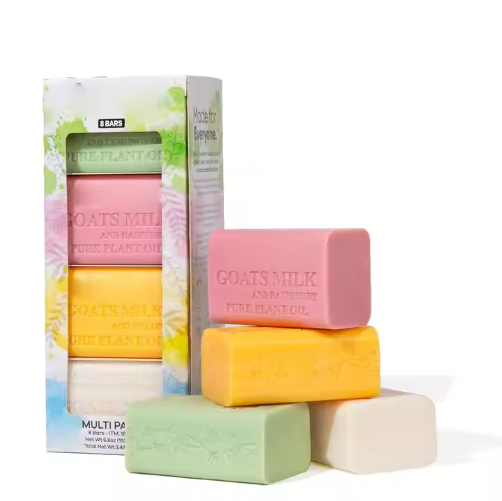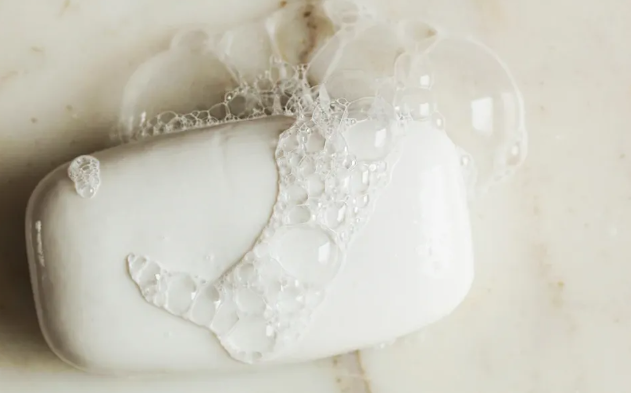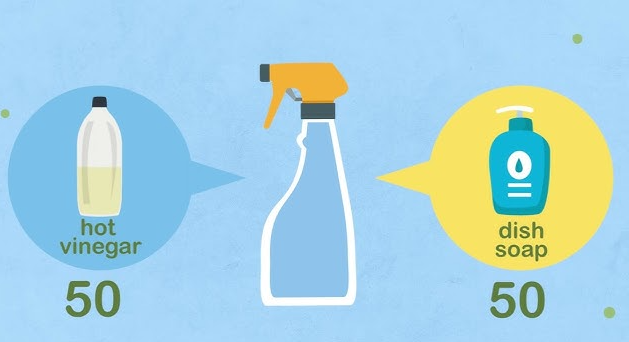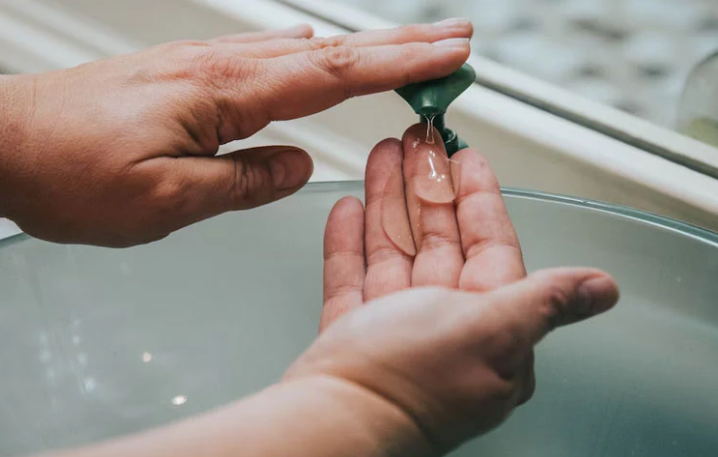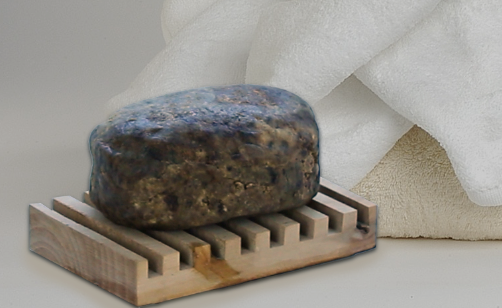What is african black soap, benefits,use
What is African Black Soap?
African black soap, or simply black soap (also known by various local names such as ọṣe dúdú, sabulun salo, and ncha nkota), is a kind of soap originating in West Africa. It is made from the ash of locally harvested African plants and dried peels, which gives the soap its characteristic dark colour as well as oils derived from plant sources. Black soap has become a popular toiletry product in North America. In West Africa, black soap is often made by women using traditional recipes and is often exported through fair trade groups.
What is african black soap made of?
African black soap was created in the Yoruba communities in western African countries, such as Ghana, Togo, or Benin, and since then the recipe has been passed down from mother to daughter for generations. Women in these communities relied on African black soap for the health of their skin, since the product is packed with bacteria-fighting oils and phytochemicals found in the plants it is made of. It is known by its deep cleansing and nourishing properties for pretty much all the skin types.
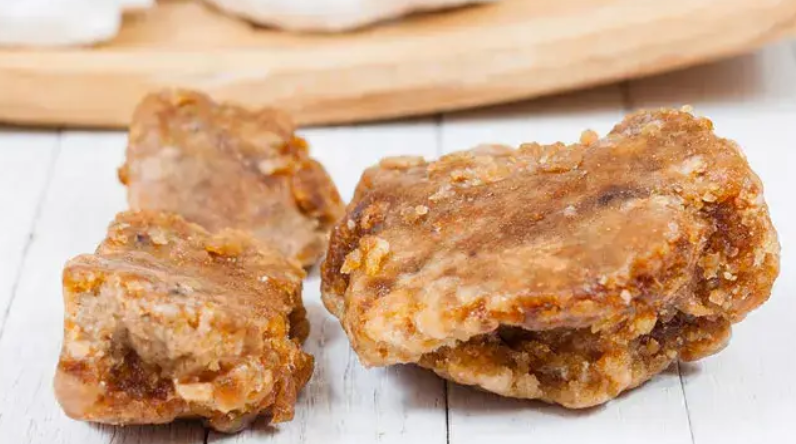
Traditional black soaps were a simple combination of water, plantain skin ashes, palm oil, and cocoa powder. Later in time, recipes including other ingredients such as tropical honey or shea butter started to become more popular. Today, we can find a number of variations of the recipe and the final outcome - there are over 100 types of African black soap products, since recipes vary from region to region, tradition to tradition, and different ingredients found in different parts of Africa.
There are different ways to produce African black soap that can reach a great level of detail, but in its simplest form, African black soap can be made by drying plantain peels - under the sun outside - and roasting its skins in a clay oven to produce ash (water is then added to the ashes and filtered). These will then be mixed with other ingredients such as shea butter, coconut oil, and palm kernel, and local women hand stir this mixture for 24 hours. The soap solidifies and moves up, and it will be ready to cure and dry for about 2 weeks until it takes the desired format/shape.
Benefits of African Black Soap
- Thoroughly cleans the skin and removes makeup. Not only is black soap a facial cleanser, but it also cleans just about anything. Some people use it for doing housework.
- Safe for most skin types. African black soap is unscented and safe for anyone who wants to improve their skin. Always check the label before you buy to make sure there aren’t any additives that might irritate your skin.
- May help reduce acne and clear blemishes. Black soap has been reported to reduce and treat the appearance of acne.
- May eliminate razor bumps. In a limited survey, 54% of participants said they were “very satisfied” with how black soap cleared their razor bumps, and 40% reported they were “somewhat satisfied”.
- May clear some skin rashes. Some people use Black soap to help improve eczema. But more research is needed to tell if it’s an effective solution for eczema overall.
- May have antifungal properties. Black soap may fight against fungus and yeast. Studies show it’s effective against a yeast called candida albicans. It can help promote skin health by fighting off yeast and fungal infections.
How to Use African Black Soap
It may take some getting used to, but soon, African black soap could become a favorite part of your self-care regimen. First, try a little bit on a small area of your body (patch test), especially if you have dry or sensitive skin.

Use step by step:
- Cut or pull a small portion of soap off the bar or dissolve it in water, so it’s smoother and gentler to use.
- Lather the soap into your hands before applying to your face, body or hair.
- Massage it into your skin with your hands or a washcloth for about 90 seconds in circular motions.
- Rinse off completely.
- Apply moisturizer and hair conditioner.
Is it safe to use African black soap every day?
Yes, it’s safe to add African black soap to your daily skin care routine. Clean and refresh your skin once or twice a day (morning and at bedtime) with the soap, followed by a skin toner and moisturizer. And don’t forget sunscreen!Side effects depend on your skin type and any allergies or intolerances you may have. Some soaps irritate those who have eczema or are sensitive to dyes, fragrances or other ingredients, like sulfur or cocoa. If your skin becomes red or irritated, try switching brands or discontinue use.
Also be careful not to use this soap with chemical exfoliants. The combination may be too strong for your skin. If you have symptoms that persist or worsen, consult your dermatologist.


